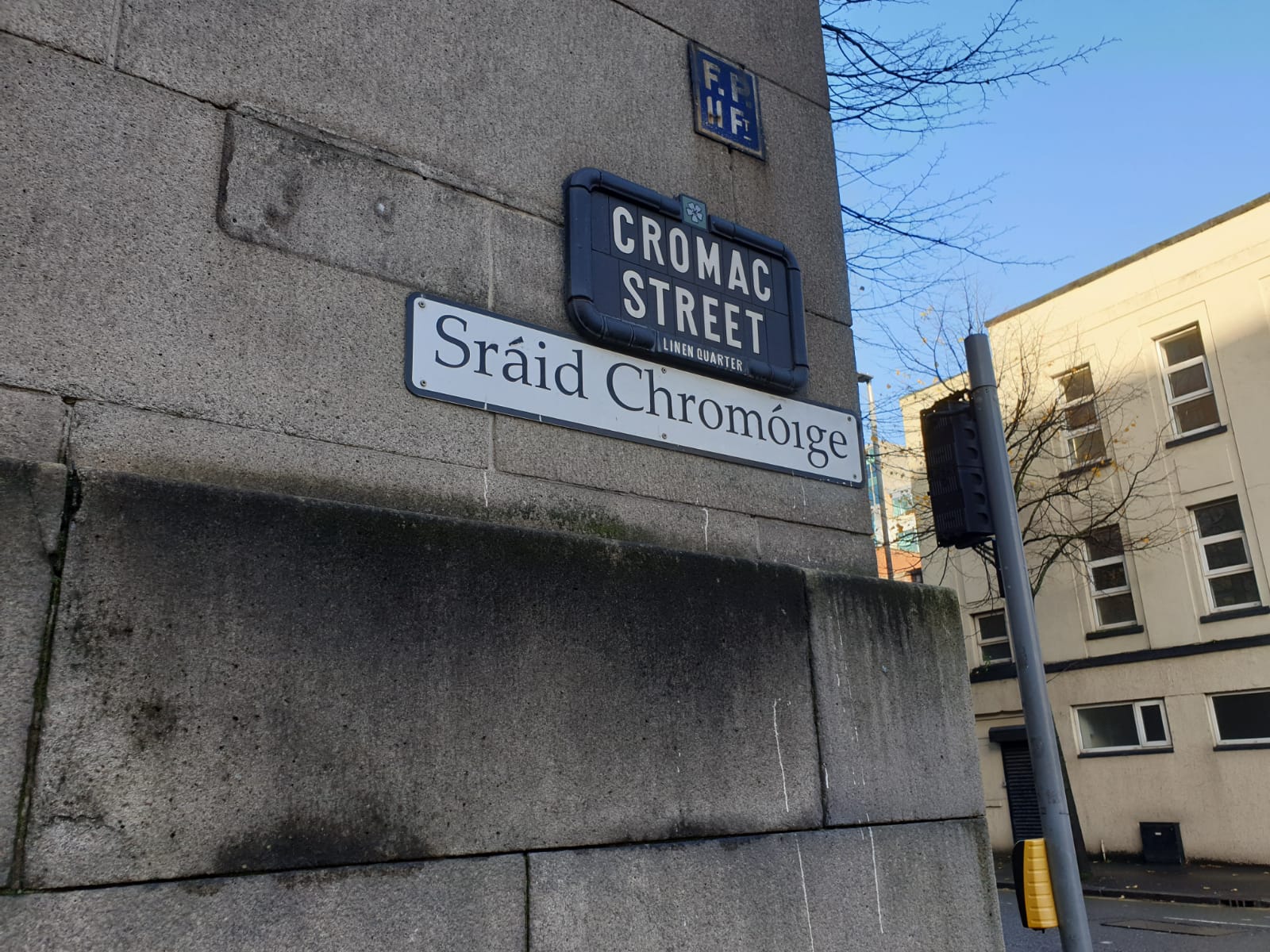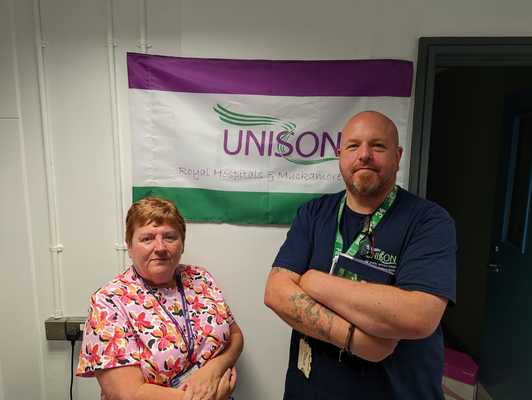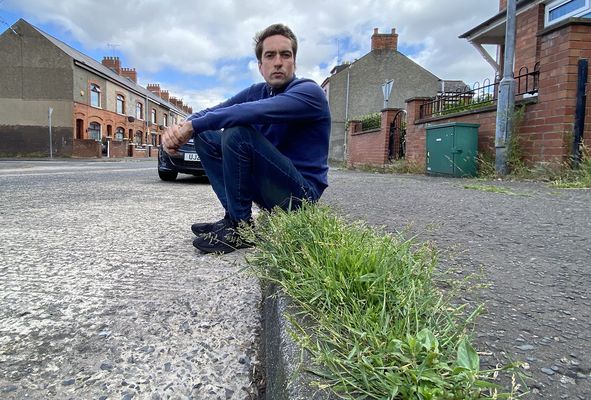A PROPOSAL to relax Belfast City Council’s dual language street signage policy has been given the green light today.
Councillors have voted to allow for consultation on the erection of bilingual signage in any given street to begin following an expression of interest by resident(s) or councillor, with a percentage of 15 per cent of residents required to carry the change.
With Sinn Féin, the SDLP, Alliance and Greens voting in favour and only the DUP voting against, the proposal was carried by 14 votes to six.
The decision, which is subject to approval by the full Council, would overturn current policy — introduced by the then DUP-controlled Council in the late eighties — which requires 33 per cent of the eligible electorate in a Belfast street to sign a petition to begin the process.
The policy requires a two-thirds majority for a bilingual street sign to be erected, whereas non-returned letters and ‘Don’t Care’ responses are considered as votes against.
Glad to see @BelfastCC took a step forward for cultural expression and diversity today but a shame waters were muddied at last moment.
— Dónal Lyons (@DonalLyons) October 23, 2020
Officers confirmed £4million figure is incorrect and even on new lower figures it would take 172 years to reach costs Alliance Party claim. https://t.co/Nh4Y5DhAmc pic.twitter.com/kFNPhp0ejv
During today’s meeting, councillors were presented with four bilingual signage policy options including a proposal from Irish language Advocacy group, Conradh na Gaeilge. The group had requested that a consultation be triggered by an expression of interest by 10 per cent of residents, with a simple majority carrying the decision.
The Town Solicitor John Walsh told the meeting that a positive response 20 per cent response would be sufficient to erect a new sign and said that he did not “legally support the Conradh na Gaeilge position”.
Déanann @CnaG comhghairdeas le pobal na Gaeilge & le pobal Feirste, le @dreamdearg @CAJNi a throid an cás seo le blianta fada, leo siúd a thóg cásanna cúirte & a sheas an fód. Is dul chun stairiúil é seo i mBéal Feirste, ach tá go leor leor le déanamh chun #ceartateanga a bhaint pic.twitter.com/AW4X14Tfw5
— Conradh na Gaeilge (@CnaG) October 23, 2020
Sinn Féin Council Group leader Councillor Ciarán Beattie said that his party would accept the 15 per cent threshold “as a compromise”.
“I know this has dragged on and hopefully the end is nigh, as they say,” he said.
“I know that John is saying that the 10 per cent threshold isn’t sufficient, and I know some other parties were looking at a 20 per cent threshold, but we would be content to go to a 15 per cent threshold as a compromise.”
DUP Councillor Brian Kingston proposed keeping the existing procedure, which his party feels "is the correct one”.
“I think it is fair to say that Irish street signs are not a matter of necessity, but of cultural association,” he said.
“Many people will also view them as a matter of national and political identity, so we think that the existing mechanism allows for these in Belfast where there is a clear weighted majority of two-thirds support among households in a street.
“Equally people have the right to oppose Irish street names.”
Proposals to relax the council’s bilingual signage policy had previously been stalled following disagreement between Sinn Féin and the Alliance Party over the exact mechanisms for doing so.
Alliance Party Councillor Michael Long lamented the lack of progress on the dual language signage policy, and said he was “frustrated” that he had been characterised as someone who is opposed to the Irish language. However, he said his party was happy to support Cllr Beattie’s proposal.
“Is it really too much that we reduce barriers in lie with a policy that is both legally competent and financially responsible,” he said.
“And unfortunately, until today, we haven’t had that.”
Prior to the committee meeting, Cllr Long had expressed concern about the potential cost of implementing bilingual signage throughout the city.
A report compiled as part of the committee agenda suggested that signage would cost the Council £1,089 per street, and over £4 million in total. The City Solicitor later clarified that the correct total was around £3.2 million if, as is highly unlikely, the entire city voted for bilingual street names.
The report also suggested that the council introduce a cap of five signage applications per month. SDLP Councillor Dónal Lyons described the figures and proposed cap as “disingenuous”.
“When it comes to the realisation of rights, I don’t see why people would remove barriers only to inset turnstiles,” he said.
“If my maths are correct that will be £3.2million over the basis of around 80 years, which is nonsensical to put forward and to propagate this message that there’s going to be one of payments for the entirety of the city during an economic crisis.”
He added: “Leaving aside the fact that street signs need replaced anyway, and over a period of 80 years you’d be getting good value out of a piece of metal if it lasted for 80 years”.
Sets me up nicely 4 weekend. I was arrested in 1982 putting up Irish sign on Clondara Street (where my mum was brought up). Sign made by Tony up in Tbrook. Can just be seen in pic. 'Belfast councillors vote to scrap DUP policy on Irish street names' 👏🙏https://t.co/zeOfB3Jwln pic.twitter.com/HUx5HSdK1Y
— Máirtín Ó Muilleoir (@newbelfast) October 23, 2020









